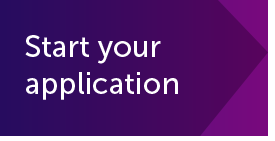Accountability ReportsThe final step of any grant is for you to provide the Foundation with an Accountability Report. This is due 12 months after your grant is given (or earlier), and can be filled in on-line at https://wcf.fluxx.io. If you wish to apply for another grant, we require your Accountability Report to be submitted to us before we will accept another grant application from you. At WCF, Accountability Reports concentrate on Outcomes as well Outputs and Financial Accountability. Financial Accountability means showing that you spent the funds the way that you said you would. We ask that you sign a statement to say that the funds were spent appropriately — we do not generally require bank statements, invoices or receipts to illustrate expenditure, although you may provide these if you wish. Outputs are “the things you did”, e.g. holding youth programme, planting māra kai / vegetable gardens, restoring a heritage building, or supporting someone with a debilitating illness. We like to see photos or press clippings about these, if available. Outcomes describe the benefit that the community gained through the things you did. These are why we provide funding! Outcomes may include youth gaining friendships and skills through attending a youth programme; healthier whānau and families due to eating fresh veggies; greater pride and “ownership” in local heritage; or improving the life prospects of people with a debilitating illness. To illustrate these sorts of outcomes, you might like to include a story or feedback from someone impacted by the project/programme, or results from surveys and stats. In the Accountability Report, we ask the following questions:
We love to see photos and/or media articles showing your project/programme in action, and these can be attached online. Common Pitfalls
|



